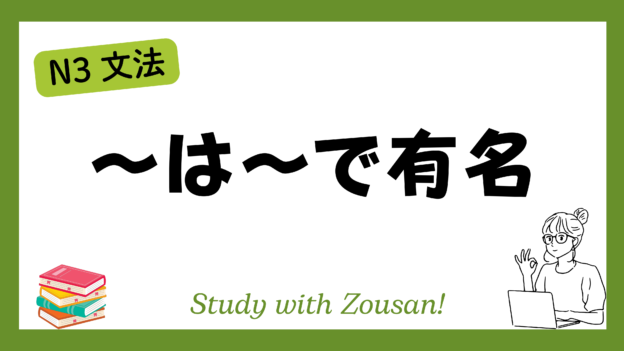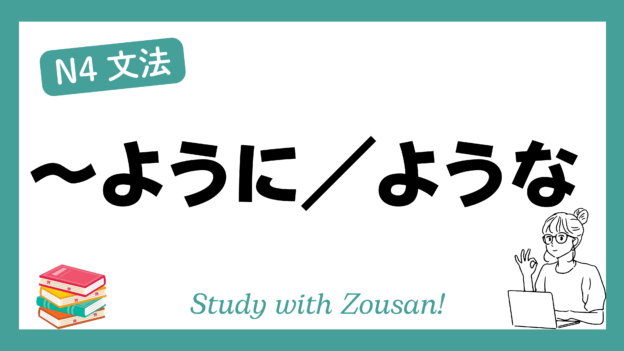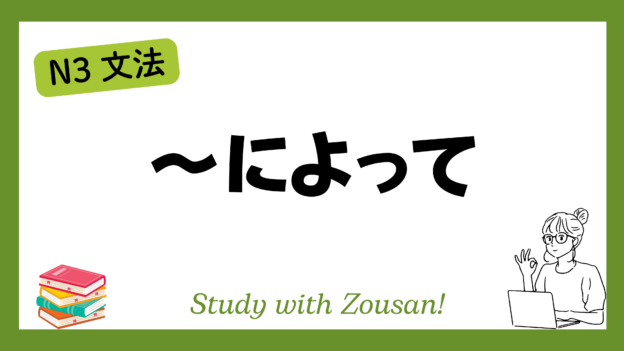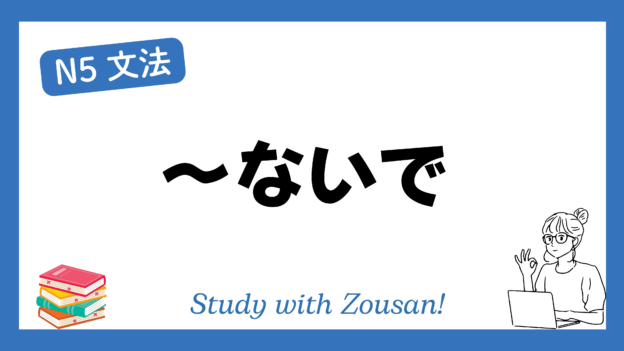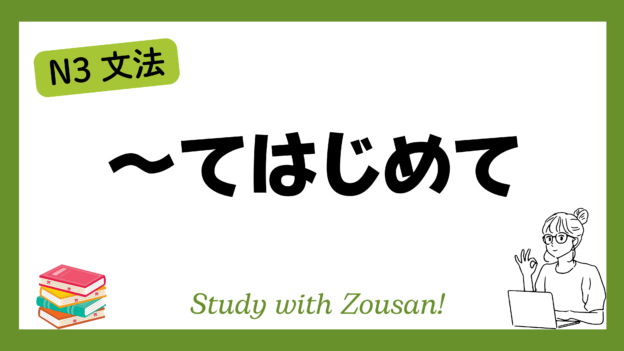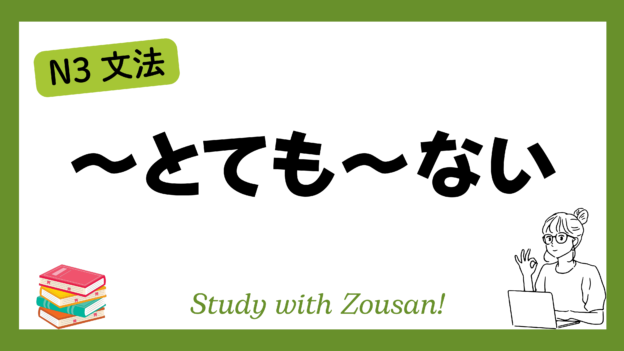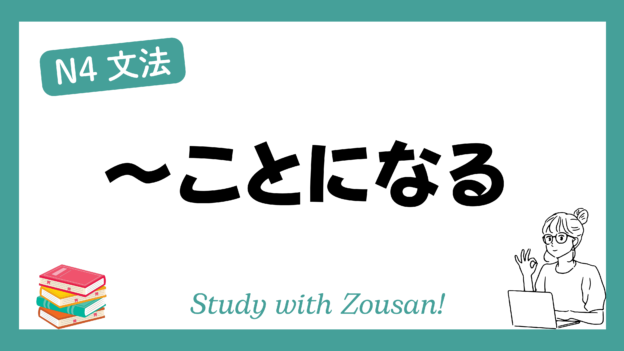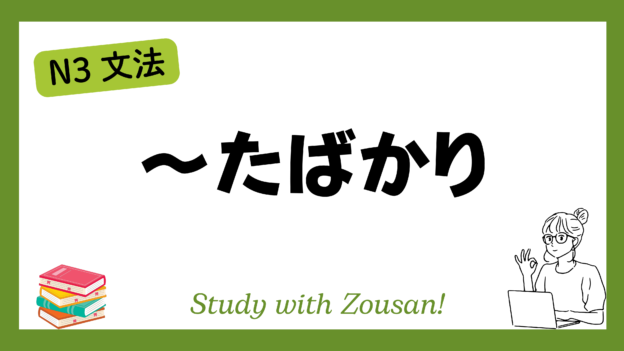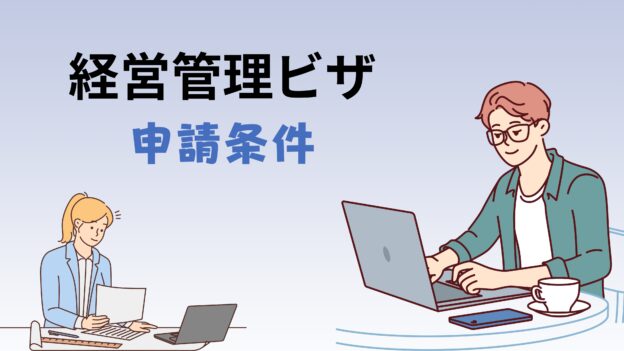Meaning: “[Something] is famous for…”
“~は~で有名” is used to express that a person, place, or thing is famous or well-known for a particular characteristic, trait, or achievement. It can be translated as “[Something] is famous for…” or “[Someone] is known for…” This structure highlights the reason or aspect that has made the subject widely recognized.
※Note: This structure is often used to describe cities, people, or objects that are known for specific features or qualities.
Structure:
| Topic + は + | Verb (dictionary) + こと | + で有名だ |
| Noun | ||
| な-adjective | ||
| い-adjective + こと |
Example:
-
-
-
🌟 京都は古い寺で有名です。
(きょうと は ふるい てら で ゆうめい です。)
Kyoto is famous for its old temples. -
🌟 富士山は美しい景色で有名です。
(ふじさん は うつくしい けしき で ゆうめい です。)
Mt. Fuji is famous for its beautiful scenery. -
🌟 この街は温泉で有名です。
(この まち は おんせん で ゆうめい です。)
This town is famous for its hot springs. -
🌟 彼は親切な性格で有名です。
(かれ は しんせつ な せいかく で ゆうめい です。)
He is famous for his kind personality. -
🌟 イタリアは美味しい料理で有名です。
(イタリア は おいしい りょうり で ゆうめい です。)
Italy is famous for its delicious food. -
🌟 彼女は歌が上手で有名です。
(かのじょ は うた が じょうず で ゆうめい です。)
She is famous for being good at singing. -
🌟 この公園は桜で有名です。
(この こうえん は さくら で ゆうめい です。)
This park is famous for its cherry blossoms. -
🌟 彼は面白い発明で有名です。
(かれ は おもしろい はつめい で ゆうめい です。)
He is famous for his interesting inventions. -
🌟 このレストランはステーキで有名です。
(この レストラン は ステーキ で ゆうめい です。)
This restaurant is famous for its steak. -
🌟 彼女はファッションセンスで有名です。
(かのじょ は ファッション センス で ゆうめい です。)
She is famous for her fashion sense.
-
-


